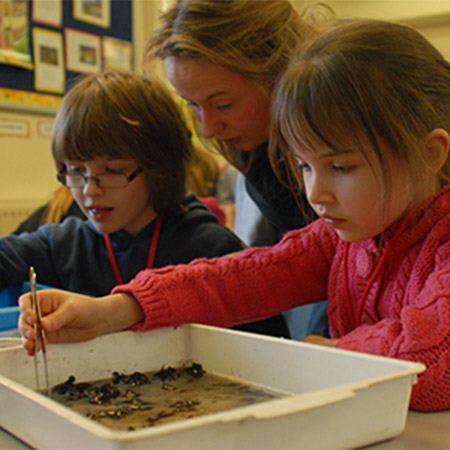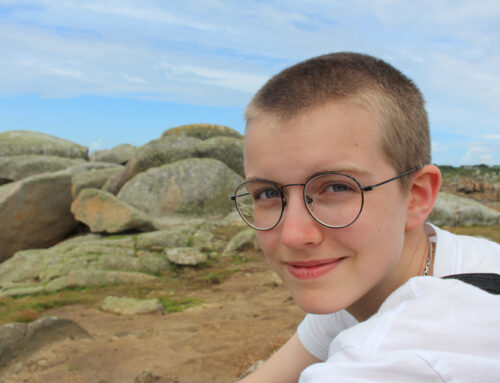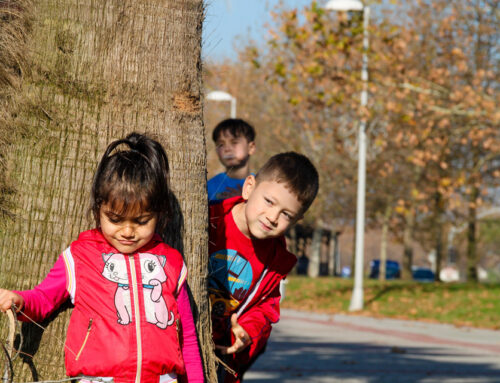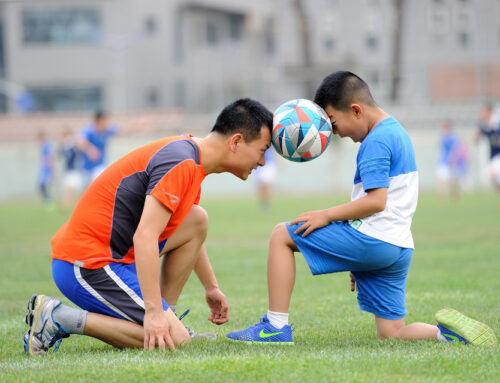The Gift of an Award?
![]()
We are delighted to win a Social Care Award this year as the Best Nurture Initiative for Gifted and Talented Youth (check out pages 26-27 of the publication). For a start, it is good to have the work we do and the vital services we provide for high ability children (also referred to as children with high learning potential or as ‘gifted and talented’ within a school setting), their families and the professionals who support them recognised. Second, despite the unique nature of the work we do, we don’t win many awards. This made me think that perhaps our treatment merely reflects the treatment our children often receive in school or at home.
Many people assume that children with high learning potential will sail through school, getting the best grades and going on to the best universities and getting the best jobs. They assume that this is a reward in itself; whether it is achieved or not. In recognition of the fact that achievement for these children is a foregone conclusion; they are often not front of the queue when it comes to being handing rewards or prizes. Is this a good thing? There are often conflicting issues as play for a child with high learning potential when it comes to the gift of an award.
Top of my list of issues that can have a serious impact on high ability children is lack of resilience. According to Too Much Too Soon, the report we published last year about emotional and mental health and high ability children, children as young as four years old had high levels of perfectionism and low levels of resilience. When things don’t go right; when these children don’t receive recognition, ‘the gift of an award’, they feel they don’t belong, have hurt feelings and give up – just as anyone else would. If parents or teachers do not work on building up the resilience of these children; when they need to put the effort in before they get the reward, they can find things easy and forget what it is like to struggle or get things wrong; both important in their learning and future success. I sometimes think that the best thing my class teacher did for me one year was not to give me the class prize. He knew what he was doing. He took me on one side and told me that not only was he not giving it to me but I would thank him one day. That experience certainly helped when things got tough at university.
Warring against this are the strong feelings of justice and fairness possessed by many children with high learning potential. Why should they, who get right every sum or spelling they are given, remain unrecognised for their achievements in place of the child who struggles in the classroom? Why should the singers or musicians; the football players or the gymnasts go to the front of the hall to be presented with prizes when the chemists or the mathematicians stay in their seats? Many schools reward the effort put in by students and high ability children do not have the opportunity to show effort as they find the work they are given easy. It is important that space is given for all the skills shown by our amazing children and that this is applied fairly and without prejudice.
Without proper care and support, many of these children can develop behavioural, social and emotional problems. So much so that a regular comment amongst parents/carers can be, “gift, you call that a gift? If it is a gift you can take it back!” It is important that these children are provided with the right environment so that they can thrive and so that the real gifts becomes not the medal or the ‘gifted and talented’ badge but the love of learning which lasts a lifetime and understanding of their.
Research by specialist psychologist, Professor Joan Freeman, suggests that without the right support, only 3% of high learning potential children may grow up to realise their full potential. This is the space in which we work within Potential Plus UK and why recognition of the work we do to help children thrive, as opposed to achieving As and A*s, is so important.
2017 marks the 50th anniversary of our work. We are taking this opportunity to celebrate our amazing children and to support them, their parents and the professionals who work with them.






